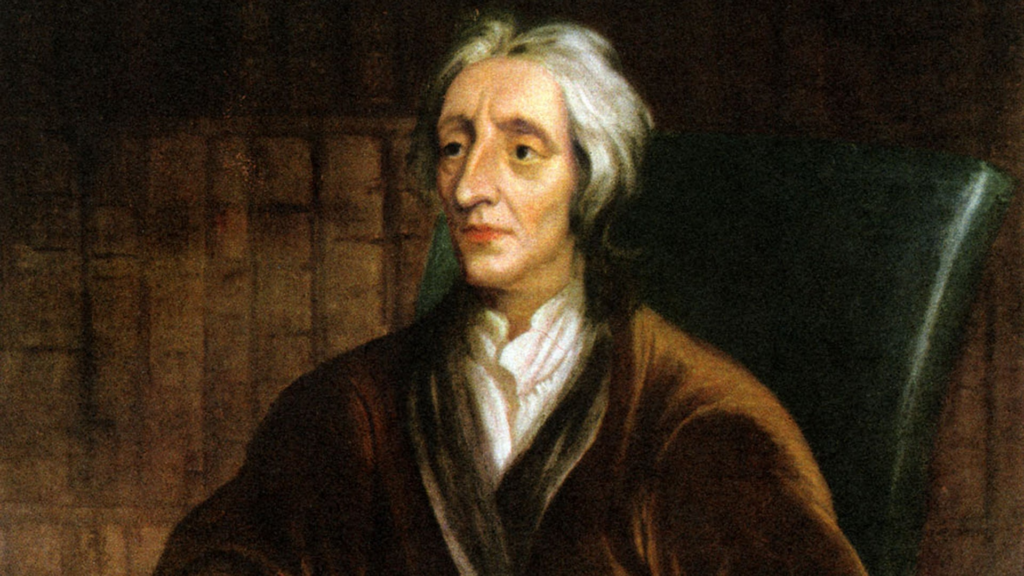Featured Image: The Spirit of ’76 painted by Archibald M. Willard, of Cleveland Ohio for exhibit in Philadelphia during the 1876 Centennial celebrations.The fife and drum played a crucial role during the American Revolution. They were used as tools for commanders to communicate with their troops. Fifes and drums were much easier to use for relaying commands, rather than yelling commands through distance, gun and cannon-fire, smoke, and general confusion. Different tunes composed for fifes and drums meant various commands for soldiers to follow.
Several popular fife and drum tunes during the American Revolution include “Yankee Doodle,” and “The British Grenadiers.”
The benign neglect the colonies experienced in the beginning of American colonization would slowly begin to disappear during the French and Indian War. (May 28, 1754 – October 7, 1763) The Acts of Trade and Navigation may have bothered the American merchant class but had minimal effect on the general population; it was the more affluent citizens who felt the costs of these regulations.

In addition to the Acts of Trade and Navigation, the issuance of “Writs of Assistance” introduced in 1755 allowed customs officials to enter businesses, warehouses and private residences in the search for merchandise considered to be contraband with no recourse in the courts as the courts of record were the Admiralty courts. Needless to say, this did not give the colonials a fair chance as most of the goods seized were then sold to pay the courts and judges.

That the English government had little success in moving the Colonial populace during the war to actively support the war and even the depredations on the frontier did little to entice the Colonies to make sacrifices to protect themselves. Colonial reticence was partially fueled by the fact that England had military forces active in the war and was only superficially concerned after the disastrous defeat of General Braddock’s forces July 9, 1755.

With the exception of Massachusetts, most of the colonies would continue to delay efforts of assistance during the war. This would drive the English Parliament to make further demands of the colonies resulting in the Sugar Act of 1765. The hunt for a source of colonial revenue was on; it would drive the Colonies to even greater acts of resistance. The cry of, “No Taxation without Representation” would begin to be heard throughout the colonies.
(We need to remember that the ideas of liberty, justice and government in general are not a modern train of thought. The basis for our Republic came from the Greeks and Romans.)
John Locke’s writings would set the stage for the colonial argument that colonial legislatures were in fact superior to Parliament. He put forth the argument that taxation could not be levied without the consent of the governed. He maintained that men had created governments to make liberties more secure; that government must respect the laws or forfeit the right to exist. He wrote, “If anyone shall claim a power to lay and levy taxes on the people by his own authority and without such consent of the people, he thereby invades the fundamental law of property, and subverts the end of government.” (John Locke’s “Two Treatises of Government, written in 1690 was instrumental in the mental foundations of much of the American Revolution.) John Locke (August 29, 1632 – October 28, 1704)

As the Sugar Act of 1765 did not move the colonials to help pay for the French and Indian War, Parliament moved to implement the Stamp Act of 1765. Little did they know that it would result in even more discord and rancor within the colonies. As Americans examined the Stamp Act the more odious it seemed to them.
The following is from John C. Miller’s book, Origins of the American Revolution, copyright 1943.
”Under the provisions of the act, Americans could not engage in commerce, exchange property with each other, recover debts, buy a newspaper, institute lawsuits or make wills, without paying for a stamp. Every diploma awarded by a college or academy required a stamp of two pounds and – what was more important to the common man – every tavern owner who retailed spirituous liquor was obliged to pay twenty shillings for his license. To crown these hardships, infractions of the Stamp Act were to be tried without a jury in the hated Admiralty Courts.”
The more England’s Parliament pushed for a colonial taxation, the more entrenched the fight against taxation became.
